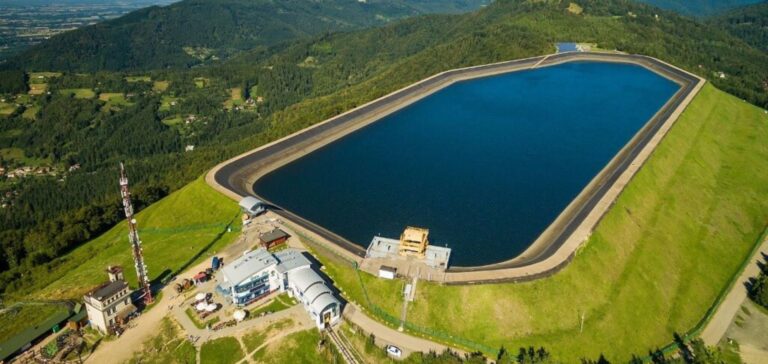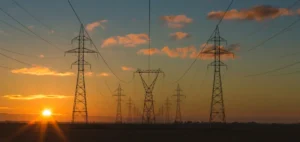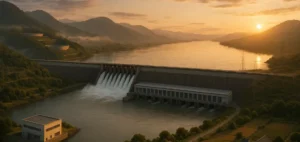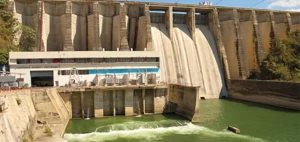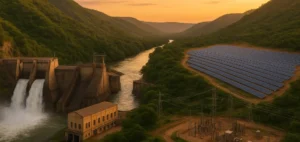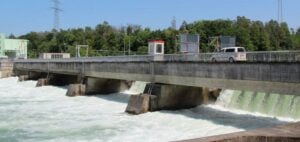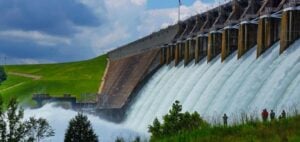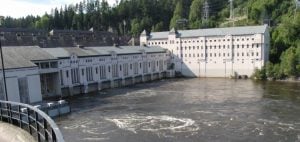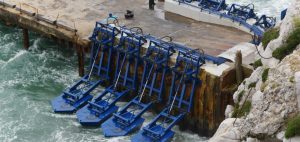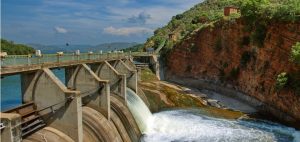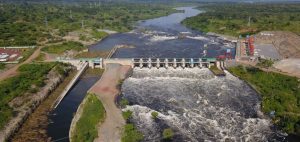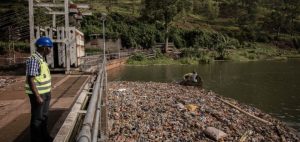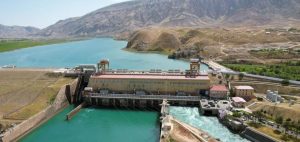GE Renewable Energy has signed a contract with PGE Odnawialna S.A. to replace the four 125 MW pump turbines and generators at the Porabka Zar hydro storage plant in Poland.
A contract to extend the life of the plant
This rehabilitation contract is designed to extend the life of the hydroelectric plant for several decades by completely replacing the 40+ year old turbines with new, reliable, high efficiency pump turbines and motor-generators.
Pascal Radue, President and CEO of GE’s Hydro Solutions, said, “This rehabilitation project is the first large-scale rehabilitation project of its kind in Poland in 40 years. We are delighted to be part of it and to support PGE Odnawialna S.A. in this modernization process. This demonstrates that Poland is making every effort to reach the goal of net zero emissions by 2050. This new equipment will help increase the flexibility and reliability of the plant and, as a result, stabilize the power grid in the country.”
New plant equipment supplied by GE Renewable Energy
GE Hydro Solutions will be responsible for the design, manufacture and supply of the new equipment as well as the excitation and control systems. GE will also oversee the installation and commissioning of the four new units. The special feature of this project is that GE Hydro Solutions will replace the existing arresting rings and deflectors with new ones specially designed for Porabka Zar.
Due to the limited work space, the technology used, the cutting and welding processes will be specific to this project. Porabka Zar is the second largest pumped storage power plant in Poland with an installed capacity of 500 MW. It plays an important role in the production of electricity in the country and provides important auxiliary services to the Polish electricity system. The four units are scheduled to be put into commercial operation in early 2028.

